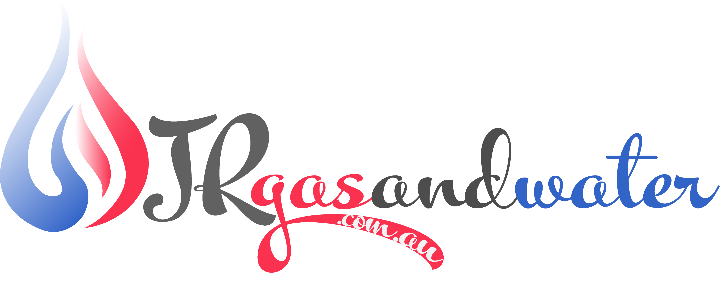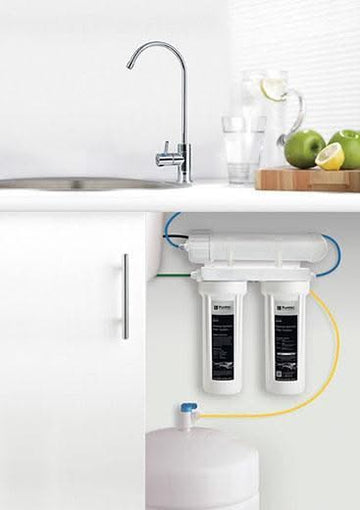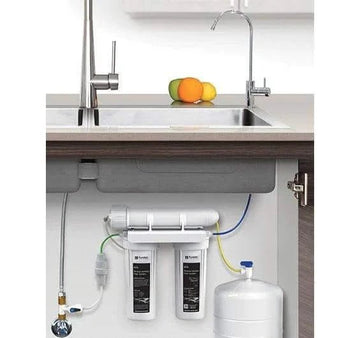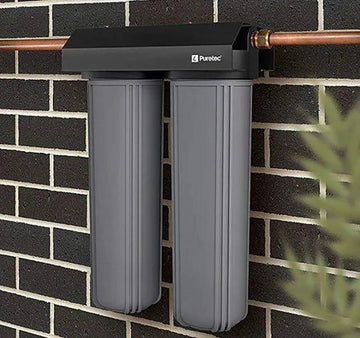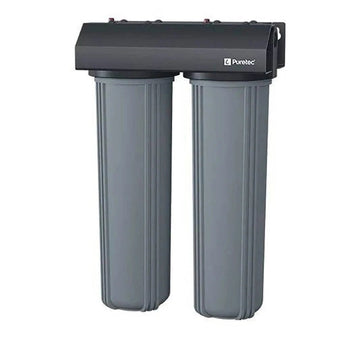Find the Best Water Filtration System for Your Home – Your Ultimate Guide
Not all water filtration systems work the same way. Some target specific contaminants, while others offer comprehensive filtration for the entire home. Here’s a look at the main types of water filters and how they work.
1. Whole-House Water Filters – Best for Full-Home Coverage
A whole-house filtration system purifies all the water entering your home. This means every tap in your house delivers filtered water, from your kitchen sink to your shower.
🚰 Best for: Families wanting filtered water for drinking, cooking, and bathing.
🔹 Removes chlorine, sediments, rust, and odors.
🔹 Protects appliances and plumbing from buildup and corrosion.
🔹 Ensures safe, clean water for the entire household.
🛠 Recommended System:
✅ Puretec Hybrid-G Series Whole House Filter – Combines carbon filtration with UV sterilization for full-home water protection.
2. Reverse Osmosis (RO) Systems – Best for Pure Drinking Water
A reverse osmosis system is one of the most effective ways to purify drinking water. It removes up to 99% of contaminants, including:
🔬 Fluoride
🔬 Chlorine & heavy metals
🔬 Pesticides & pharmaceuticals
🚰 Best for: Households wanting bottled-quality drinking water straight from the tap.
🛠 Recommended System:
✅ Puretec RO270 Reverse Osmosis System – Delivers ultra-pure, great-tasting water with multi-stage filtration.
3. UV Sterilization Systems – Best for Bacteria & Viruses
A UV water sterilizer uses ultraviolet light to kill bacteria, viruses, and microorganisms in water. It’s chemical-free and ideal for homes using well water or rainwater.
☀️ Best for: Removing E. coli, Giardia, and Cryptosporidium.
🛠 Recommended System:
✅ Puretec Hybrid-R UV System – Provides UV protection combined with sediment filtration for safe drinking water.
4. Activated Carbon Filters – Best for Taste & Odor Removal
Carbon filtration is one of the most popular methods for improving water taste and removing:
🔹 Chlorine
🔹 Pesticides & chemicals
🔹 Unpleasant odors
🚰 Best for: Households wanting better-tasting tap water without investing in a full filtration system.
🛠 Recommended System:
✅ Puretec CF Series Undersink Water Filter – Compact and easy to install under your sink for instant clean water.
How to Choose the Right Water Filtration System
Before purchasing a filtration system, consider the following:
1. Water Source & Quality
🏡 Municipal Water – Typically contains chlorine and fluoride but may have heavy metals and sediments.
💧 Well or Rainwater – Higher risk of bacteria, viruses, and organic contaminants.
📌 Solution: Test your water quality to determine what contaminants need to be removed.
2. Specific Contaminants to Remove
Each filtration system targets different impurities. Here’s a breakdown:
🔹 Chlorine & Odor → Carbon Filters
🔹 Fluoride & Heavy Metals → Reverse Osmosis
🔹 Bacteria & Viruses → UV Sterilization
🔹 Sediment & Rust → Whole-House Filters
3. Household Size & Water Usage
🏡 Small Households (1-3 people) – A reverse osmosis or under-sink filter is sufficient.
🏠 Medium-Large Homes (4+ people) – A whole-house filtration system ensures clean water throughout.
4. Installation & Maintenance
🔹 Some systems require professional installation (e.g., whole-house systems, UV sterilizers).
🔹 Reverse osmosis and carbon filters require regular filter changes.
📌 Solution: Choose a low-maintenance system that fits your lifestyle.
Benefits of Installing a Water Filtration System
Installing a high-quality filtration system provides numerous advantages, including:
✔ Healthier Water – Reduces exposure to toxins, bacteria, and heavy metals.
✔ Better Taste – Eliminates chlorine, sulfur, and bad odors.
✔ Cost Savings – Cuts down on bottled water purchases.
✔ Protects Appliances – Prevents scale buildup in dishwashers & washing machines.
✔ Eco-Friendly – Reduces plastic waste from bottled water.
Maintenance & Filter Replacement
To keep your filtration system working effectively, regular maintenance is essential.
📅 How often should you change filters?
🔹 Reverse Osmosis Membranes – Every 2-3 years
🔹 Carbon Filters – Every 6-12 months
🔹 Sediment Filters – Every 6-12 months
🔹 UV Lamps – Annually
🚰 Tip: Look for a system with filter change indicators for easy maintenance.
Installation & Professional Support
Installing a filtration system correctly ensures safe and effective operation.
🔹 Whole-house filters should be installed by a licensed plumber.
🔹 Under-sink filters can be DIY-installed but may require basic plumbing knowledge.
🔹 UV sterilizers need electrical and plumbing connections.
📌 Solution: Choose a system with professional installation & support.
Customer Reviews & Testimonials
⭐ "The best investment for our family’s health!" – Many homeowners report better-tasting water, fewer health issues, and longer-lasting appliances after installing a filtration system.
⭐ "Easy to install and maintain!" – Customers love under-sink filters for quick access to purified water without major modifications.
⭐ "No more plastic bottles!" – Families switching to a whole-house system find it cheaper and more sustainable.
Final Thoughts: Which Filtration System is Best for You?
🚰 Best for Whole-Home Filtration → Puretec Hybrid-G Whole House System
🚰 Best for Drinking Water → Puretec RO270 Reverse Osmosis System
🚰 Best for Bacteria & Viruses → Puretec Hybrid-R UV System
🚰 Best for Odor & Taste → Puretec CF Series Undersink Filter
The right filtration system depends on your home’s water quality, budget, and filtration needs. Investing in a high-quality system ensures safe, clean water for your entire family. 💧
Frequently Asked Questions (FAQ)
❓ What is the most effective water filtration system?
🔹 Reverse osmosis is the most effective, removing 99% of contaminants.
❓ How much does a home water filtration system cost?
🔹 Systems range from $1,200 to $6,800, depending on size & features.
❓ Is a water filtration system worth it?
🔹 Yes! It improves health, saves money, and reduces plastic waste.
💡 Still unsure? Get your water tested and find the perfect system for your home today! 🚰
